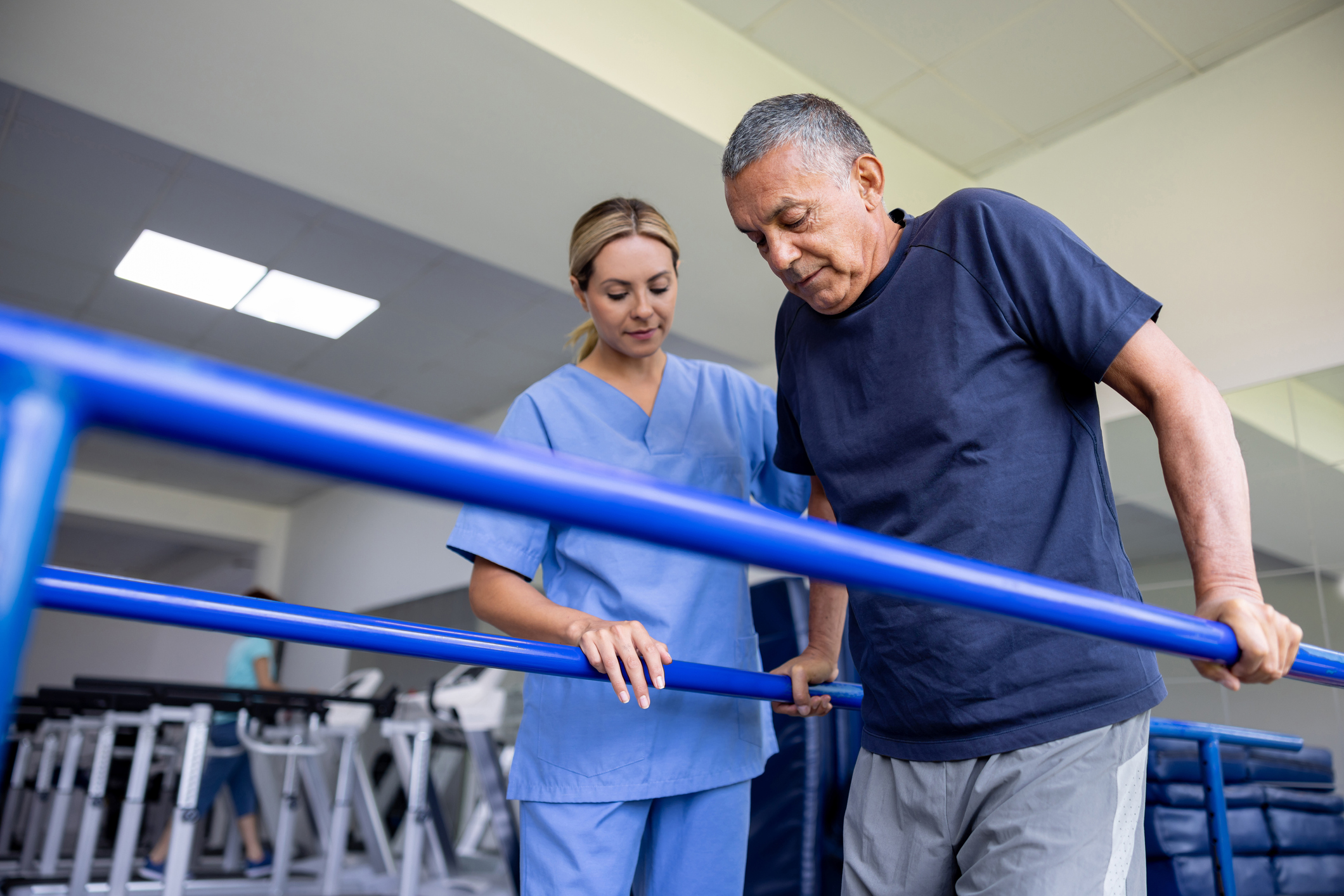Leveraging Cognitive Resilience to Improve Gains in Physical Treatment
Wiki Article
Cognitive fortitude is an crucial quality that can greatly improve outcomes in sports treatment. Athletes often encounter setbacks that involve time away from their sport, which can be both physically and psychologically straining. Mental resilience refers to the ability to remain strong and optimistic in the face of obstacles. It helps players cope with the stress of healing, stay focused on their objectives, and maintain drive throughout the recovery process. By developing mental resilience, athletes can improve their recovery experience and return to their discipline better prepared than before.

One key aspect of building psychological strength is setting realistic objectives. When individuals are injured, it is crucial for them to have clear, achievable benchmarks during their recovery. These plans should be precise, trackable, reachable, meaningful, and time-specific (goal-setting) principles. For example, instead of saying “I want to get better soonâ€, an individual might set a goal like “I aim to do my rehab sessions thrice weekly for the next monthâ€. This helps patients assess their progress and keep their concentration on what they can manage, reducing feelings of disappointment or negativity.
Another crucial factor in developing psychological endurance is maintaining a positive mindset. Recovering individuals should practice positive self-talk and visualization techniques to foster a constructive mental environment. Affirming self-statements involves replacing limiting thoughts with empowering statements. For instance, instead of thinking “I can’t do thisâ€, an individual could tell themselves “Each day I’m improvingâ€. Mental rehearsal can also be powerful; athletes can imagine themselves performing well in their discipline as they progress. These practices help build mental fortitude and reinforce the belief that healing is possible.
Networks of support play a vital role in fostering mental resilience during rehabilitation. Resources Athletes should remain engaged with motivating peers, loved ones, coaches, and medical professionals who understand the difficulties of rehabilitation. Transparent dialogue with these support figures allows athletes to express their thoughts, worries, and struggles. Additionally, sharing experiences with other injured athletes can provide a sense of shared understanding and connection that makes the process easier. Knowing others have faced related obstacles can inspire hope and motivate athletes to push through.
Finally, mindfulness techniques can significantly improve an patient’s psychological well-being during rehabilitation. Mindfulness involves being attentive of one’s mental processes and feelings without this hyperlink bias. Practices such as guided mindfulness, deep breathing exercises, or restorative stretching can help individuals manage unease and mental strain related to their injury. By incorporating present-focused practices into their everyday schedules, athletes learn to stay focused and focused on their progress, rather than dwelling on what they have lost during their time off from activity. This method promotes emotional stability and encourages a constructive attitude towards recovery.